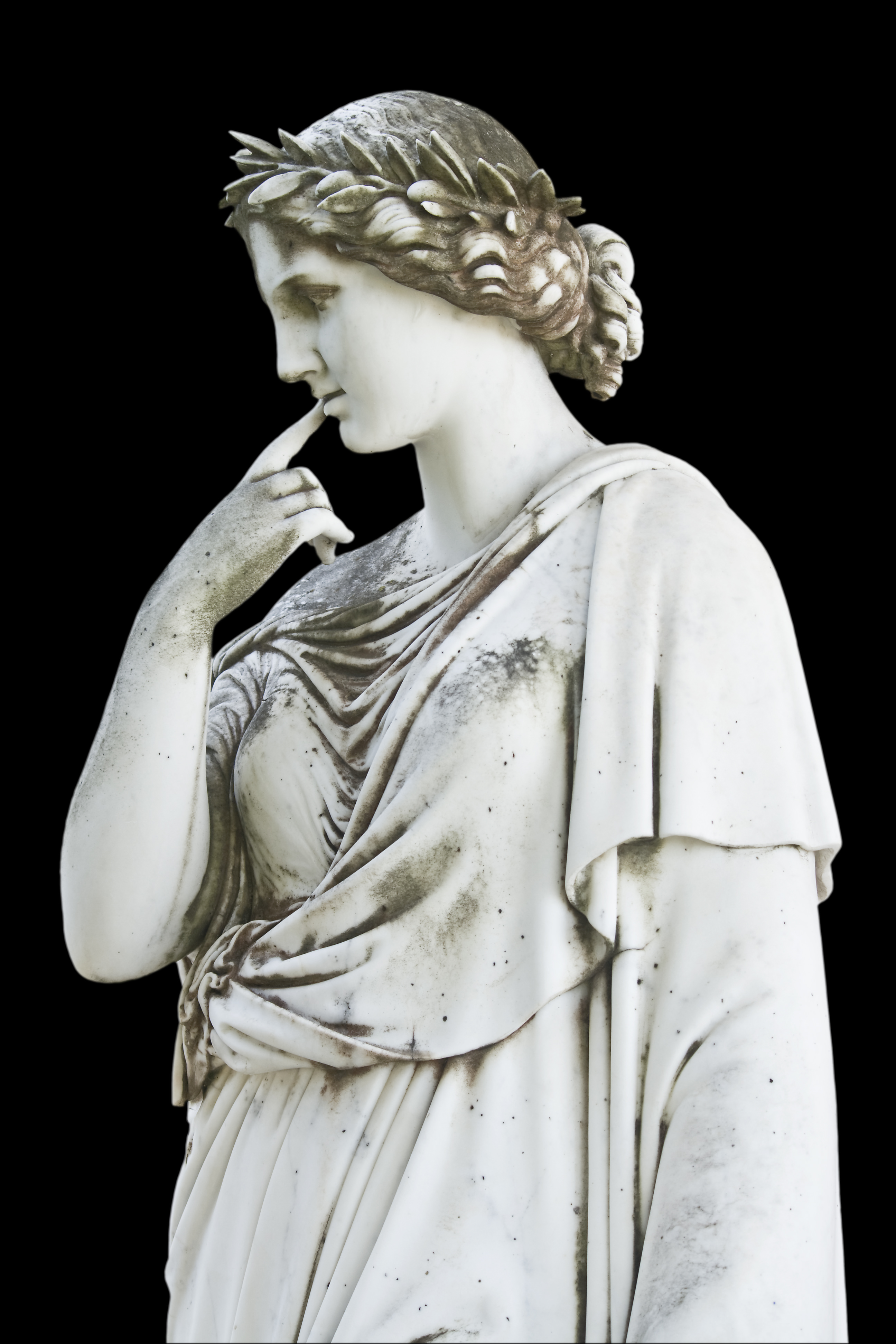

Diodorus Siculus, Bibliotheca Historica.

Cambridge, Massachusetts: Harvard University Press London: William Heinemann, Ltd. Diodorus Siculus, The Library of History translated by Charles Henry Oldfather.^ Scholia on Apollonius Rhodius, Argonautica 1.23.^ Scholia on Hesiod, Works and Days, 1, p.Cambridge, MA, Harvard University Press London, William Heinemann Ltd. Loeb Classical Library Volumes 303 and 340. ^ Diodorus Siculus Library of History (Books III - VIII).Canto XXIII, line 56, and is referenced in modern works of fiction. Polyhymnia appears in Dante's Divine Comedy: Paradiso.The one named after Polyhymnia is a main belt asteroid discovered by Jean Chacornac, a French astronomer, in 1854. In astronomy, there are ten asteroids named after the Muses, and moons named after another two.The water was used by the Pythia, who were priests and priestesses, for oracular purposes including divination. It was said to flow between two big rocks above Delphi, then down into a large square basin. On Mount Parnassus, there was a spring that was sacred to Polyhymnia and the other Muses. She was also described as the mother of Triptolemus by Cheimarrhoos, son of Ares, and of the musician Orpheus by Apollo. Family Īs one of the Muses, Polyhymnia was the daughter of Zeus and the Titaness Mnemosyne. In Bibliotheca historica, Diodorus Siculus wrote, "Polyhymnia, because by her great (polle) praises (humnesis) she brings distinction to writers whose works have won for them immortal fame.". Polyhymnia is also sometimes credited as being the Muse of geometry and meditation. Polymnia is depicted as very serious, pensive and meditative, and often holding a finger to her mouth, dressed in a long cloak and veil and resting her elbow on a pillar. Polyhymnia name comes from the Greek words "poly", meaning "many", and "hymnos", which means "praise". Polyhymnia on an antique fresco from Pompeii Etymology Polyhymnia ( / p ɒ l i ˈ h ɪ m n i ə/ Greek: Πολυύμνια, lit.'the one of many hymns'), alternatively Polymnia (Πολύμνια), was, in Greek mythology, the Muse of sacred poetry, sacred hymn, dance and eloquence, as well as agriculture and pantomime. In Ancient Greece, whenever there was music, it was always associated with Euterpe the muse of music.Roman statue of Polyhymnia, 2nd century AD, depicting her in the act of dancingĮuterpe, Calliope, Urania, Clio, Erato, Thalia, Terpsichore, Melpomene King Rhesus makes a few appearance in The Iliad and was also described by the writer, Pindar. In addition to these symbols, she is also listed as the mother of Rhesus, who was the King of Thrace. In many depictions of her, she is often wearing a laurel wreath, which is also a symbol that is usually associated with her. Also, Muse is also the name of an awesome band. The panpipes, another instrument, is also associated as her symbol. A muse is an ancient Greek mythological figure that represents the arts of drama and music. As a result, she was always associated with the Aulos, a musical instrument popular in Ancient Greece that resembles a flute. In Ancient Greece, all three of these things were usually linked. What Euterpe Was Known ForĮuterpe is considered to be the muse who is responsible for music, song, and lyric poetry. His writings about the ancient Greek myths from Theogony and some of his other works are also highly regarded. This poem talks about work as the source of all good, as long as the individual is meant to strive in a positive way. Hesiod was a poet who is most famous for his works Theogony, which talked about various Greek myths, and Works and Days, which is a poem that talks about his philosophy of what it means to work. For instance, the names for the nine muses, included Euterpe. Hesiod is responsible for writing the most about the nine muses, and his versions of their stories are the most widely accepted. All nine of the muses are said to be unmarried but they often gave birth to famous characters who appear in various stories.

As the story goes, they coupled nine days in a row, and as a result, the nine muses were born. One of the most widely accepted stories is that all nine of the muses were fathered by Zeus and mothered by Mnemosyne, the Titan goddess associated with memory. There is some controversy as to where the muses truly came from, and all nine of the muses are always lumped together. In the passage, Homer is asking one of the muses, possibly Caliope or Euterpe, who were both linked with poetry, to help inspire him to write. Here’s more information about Euterpe and the role she played in the ancient myths: Where Euterpe Came From

“Sing to me of the man, Muse, the man of twists and turns driven time and again off course, once he had plundered the hallowed heights of Troy.”


 0 kommentar(er)
0 kommentar(er)
